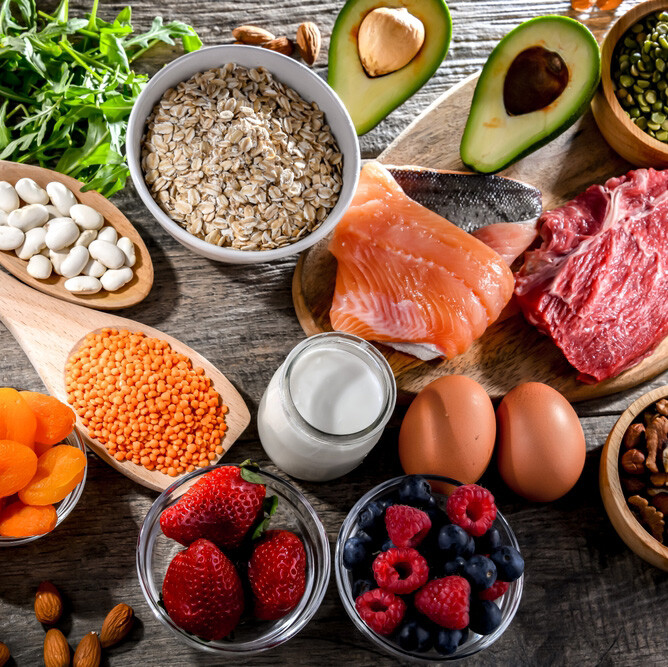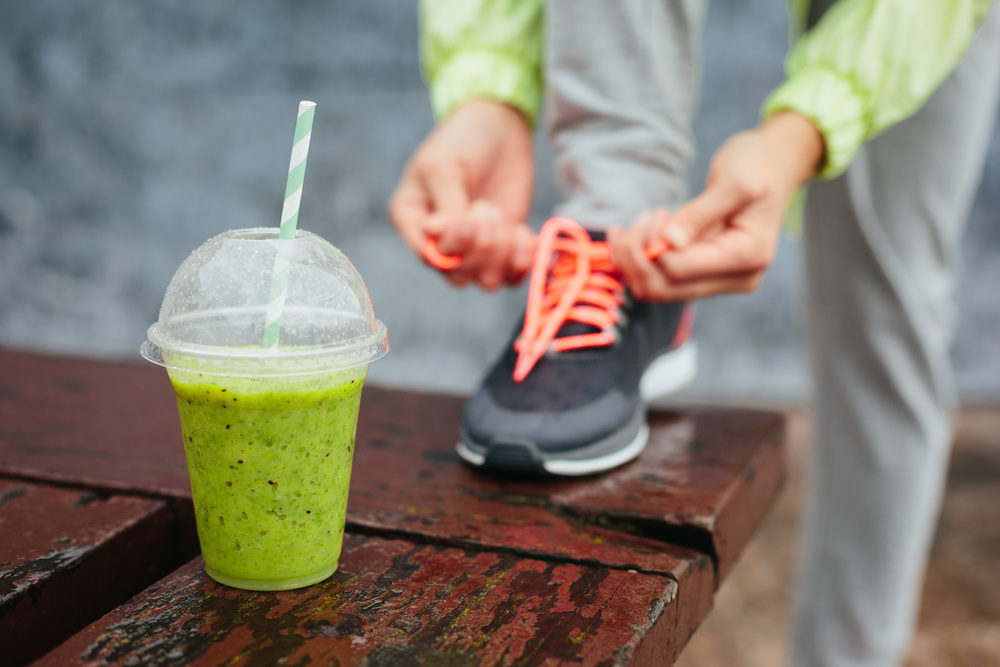Running a marathon is a competitive sport, but in recent years it is gaining popularity as a personal accomplishment or milestone. Whether you do it for fun or for competition, this type of long duration exercise demands intense and long preparation prior to the race. Runners go through various physiological stresses during both phases, training, and racing, and this can be partially addressed by good nutrition, hydration, and sleep. Supplementing muscle fuel stores before and during a race is crucial for successful longer races.
Here are some nutrition tips to prepare for the race:
Have a daily moderate intake of carbohydrates to provide energy. Carbohydrates are necessary to replenish the glycogen that is used as energy during exercise. The amount of carbohydrates will depend on the training duration, frequency and intensity; but, in general, a person needs about 5-8 g carbs/ kg body weight a day if training 2-3 hrs/d, 5-6 times a week. For a person who is 150 lbs or 68 kg body weight, this means about 340-544 g of carbs a day. Choose nutrient dense carbohydrate rich foods such as wholegrain breads, cereals, starchy vegetables, dairy and fruits. Eat them well in advance to avoid gastrointestinal discomfort during training. If needed, add energy gels on those heavy training days. Load with carbohydrates over the 24-48 hours prior to the race to increase glycogen stores. The last meal before the event should be a light meal or snack. It is an opportunity to top up glycogen stores and hydration levels. Examples of this include peanut butter-honey on white toast, chocolate milk, or peanut butter on banana.

Don’t forget your protein. While carbs will help with immediate energy availability, optimal recovery between training sessions will depend on meeting protein requirements. Protein helps build, repair and/or maintain muscle, and helps produce red blood cells. It is a good idea to have 1.6 – 2.5 g protein/ kg body weight a day to maintain lean mass and support recovery from training. For a 150 lb person, this translates to 102 to 170 g protein a day. Good choices would be fish, red meat, poultry, dairy, egg, soy and if needed, supplement with protein powders.
Hydration with electrolytes is probably the most important component of successful training and racing. Dehydration will cause fatigue and reduce performance. Sweating helps regulate the temperature of the body, but it depletes fluid and sodium. Before the race, be sure to drink plenty of fluids. Sodium content in sport drinks is usually less than sodium lost in sweat during training or race, so drinking commercial sport drinks only partially offsets what is lost. You can maximize the effectiveness of rehydration by drinking the fluid slowly over several hours. In the days before the race, try to drink plenty of fluids until your urine is a “pale-straw” color. On the day of the race, runners should be already well hydrated and just “top off” their needs with an electrolyte beverage that also contains carbs. Stop drinking fluid about 30 minutes prior to the race so you have time to use the bathroom.
Check back to the blog later this month when we will discuss nutrition consideration during and after the marathon run. For personalized nutrition guidance, consult with a registered dietitian with a specialty in sports nutrition.


